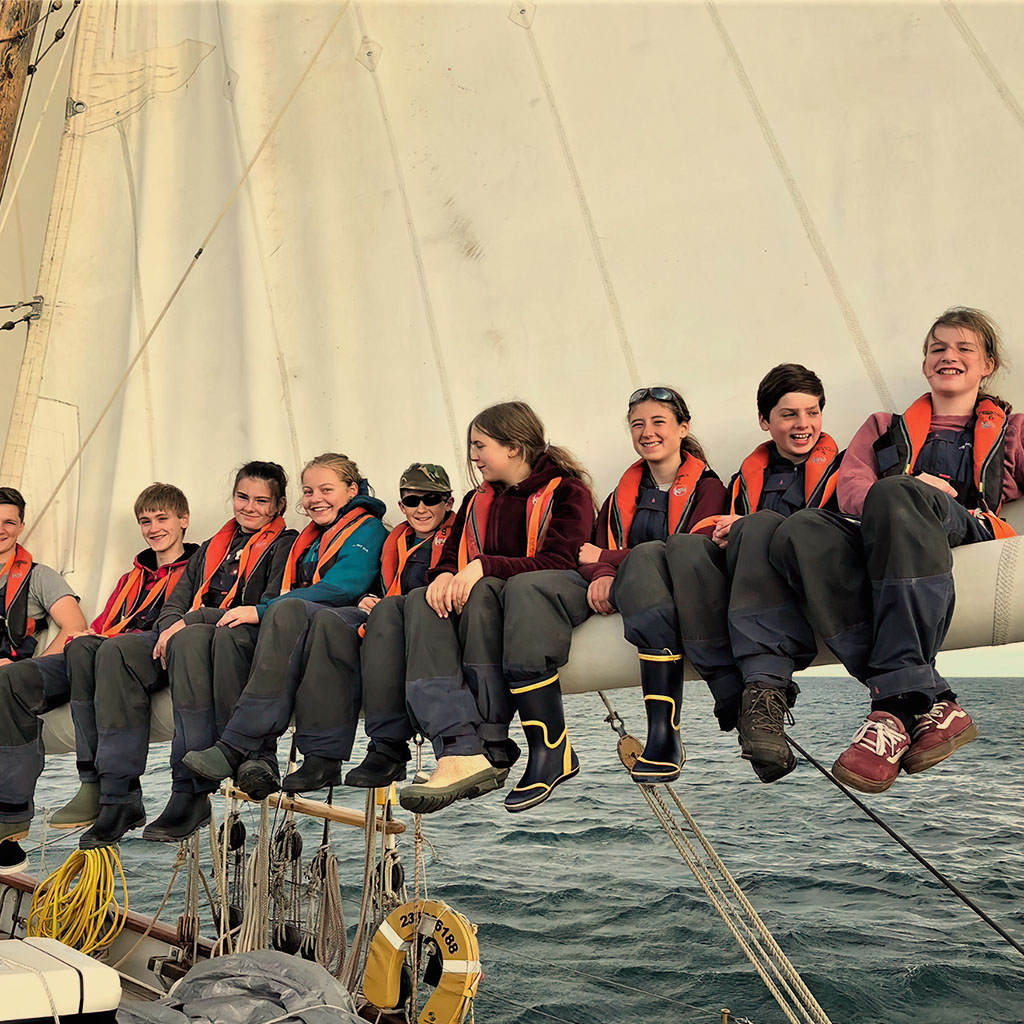In this blog, Jeremy Noles, Head of Grants and Relationships for Benefact Trust, offers his insight on impact measurement and explains how this helps both the funder and the beneficiary to evidence the success of a grant and the difference a project has made.
Benefact Trust has been on quite a journey when it comes to impact measurement over the last couple of years…
We’ve been growing in our understanding of the impact that our funding has on those that we give grants to, and how we can measure our own success against the aims of our programmes.
As part of that process, we’ve been working on:
- being clearer about what we’re looking for from applicants about the impact and outcomes they hope to achieve
- and providing resources to help applicants with project planning
That second aspect is really key because good impact measurement starts with good project planning – being clear about what you’re going to do and how it’s going to make a difference. But, even before you get to ‘what you’re going to do’, it’s important to be clear about why you’re going to do something at all.
Our key questions
If you’re applying to Benefact Trust for a grant, one of the key things we’ll ask you to tell us about is the need or opportunity that you want to respond to through your project, and anything you can tell us about how you know this need exists. Perhaps you’ve carried out some research or community surveys? We want to understand why this project is important for you to carry out and why you need our help to fund it.
We will then ask you to give us a summary of the eventual impact or ultimate difference you want to make through the project, and how it relates to the need or opportunity you’ve told us about.
Next, we ask for that eventual impact to be broken down into outcomes – the short to medium term changes you want to see that will contribute to the eventual impact or difference you want to make. For bigger projects it’s likely there will be quite a few outcomes. For smaller projects perhaps just a couple or maybe even just one. But no matter how many outcomes you have, these should be your priorities for measurement; to work out what information you need to capture, and how you will capture it to know whether you’re achieving them.
Starting a new group or activity, and then counting how many people attend is helpful and useful to measure, but is probably best described as an output. It’s the difference or change there’s been as a result of the new group that’s more important.
Finally, we ask what you need to achieve your outcomes, in order to see that eventual impact happen and meet the need or seize the opportunity you’ve told us about.
Is it improved buildings, facilities or equipment, new resources, more people? Essentially, what do you need a grant for? You’d be surprised how many applications we receive where that isn’t really all that clear!
The kinds of costs we will help to fund varies across our grants programmes but the principle is the same: we need you to be clear about what our grant would be spent on, and therefore what it will help to achieve.
Why do we need this information?
Sometimes people say to us: “We’ve only got a small project and it’s not going to cost all that much! Why do you need all this information?”
We’re not trying to make life difficult for anyone. The truth is that the information we ask for helps us to understand what our funding will help to achieve. That’s really important because we have to be able to demonstrate that we’ve used our funds well, whether we’re helping to fund small projects or larger ones. And we only have limited funds of course!
Not only this, we hope that what we ask of applicants helps them to think clearly about why they’re embarking on their project, what it will achieve, and ultimately how to know whether they’ve made the difference they were hoping for, which is important for projects of all sizes.
We love to hear about the outcomes of projects we’ve helped to fund. The feedback we look for will depend on the grants programme you’ve applied to. We normally give around 1,200 grants a year, so we can’t ask for or read detailed reports on every project!
But, if you receive a grant from us, do keep in touch about what you’ve achieved with our help – whether through formal reports, responding to surveys we send out, or more informally. We love to share stories and case studies on our website, to help encourage and inspire others thinking about applying to us.
Knowing whether you’ve made the difference you set out to make is where measuring the success of your project ultimately comes in. It may not always be easy, but it’s certainly possible if you’ve really thought about what success would look like in your planning, and it will give you a great story to tell.




